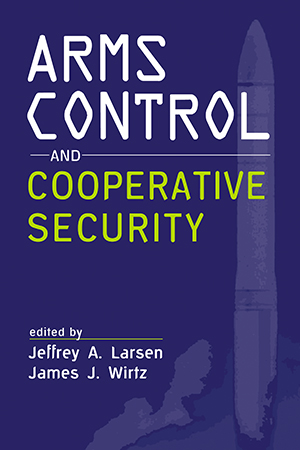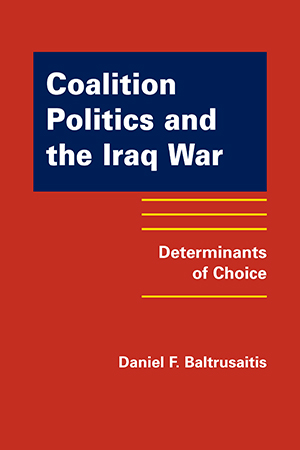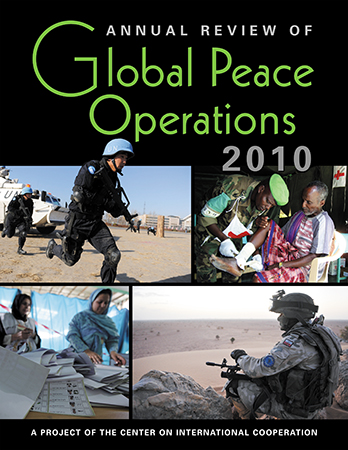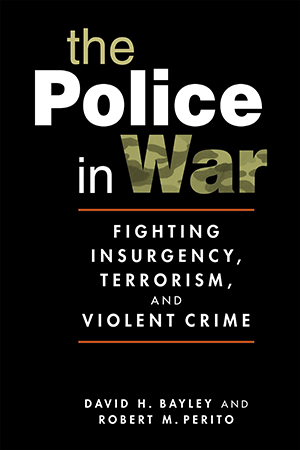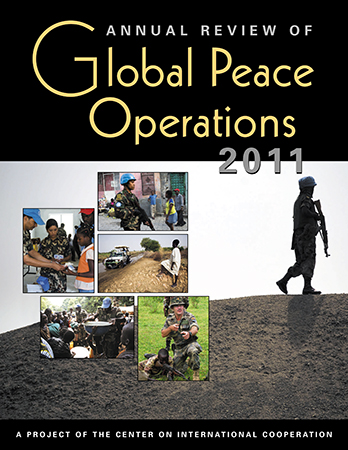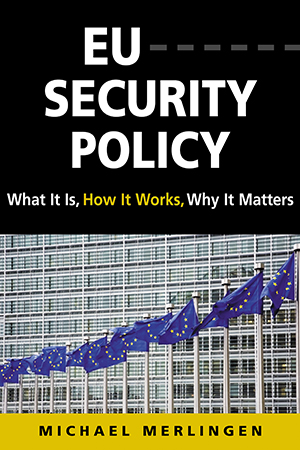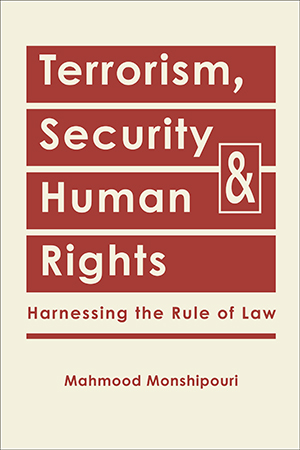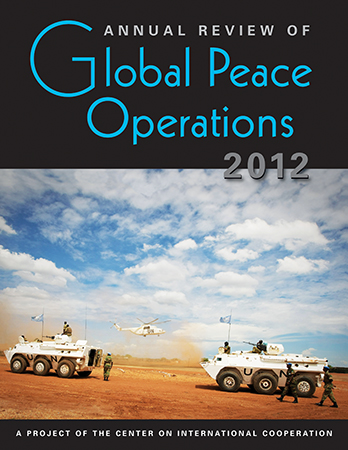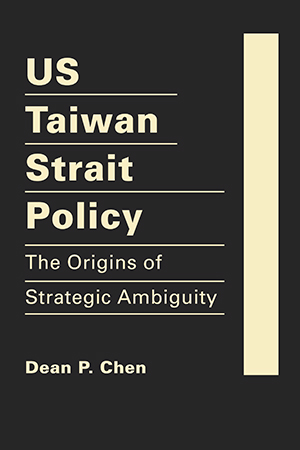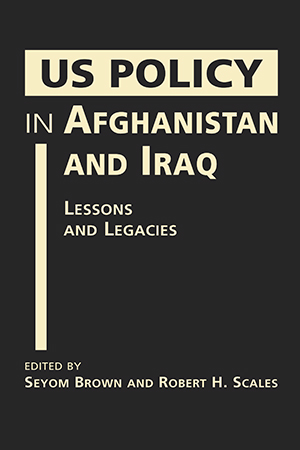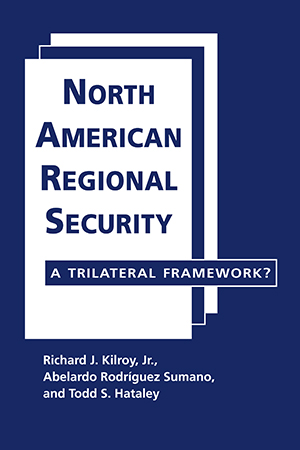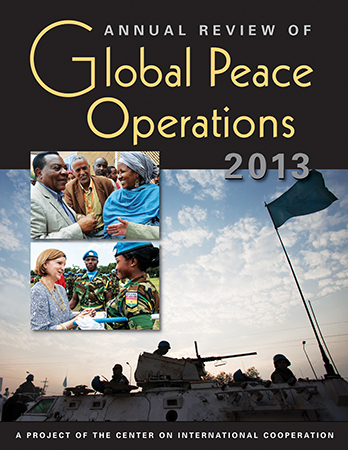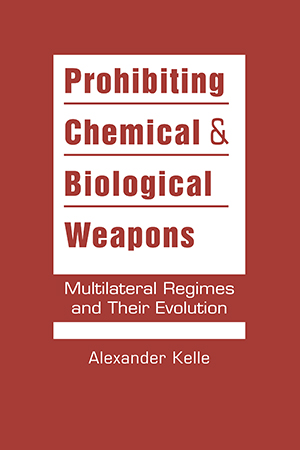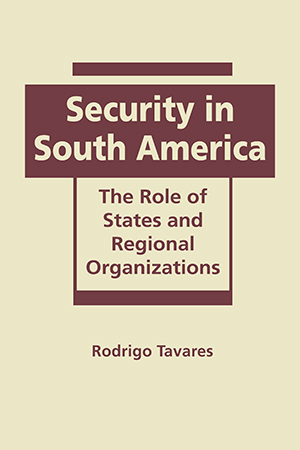Security and Intelligence Studies
Reflecting the ongoing debate about the value of traditional arms control in today’s security environment, Arms Control and Cooperative Security thoroughly covers this complex More >
Why do states join ad hoc military coalitions? What motivated South Korea to contribute significantly to the Iraq War "coalition of the willing," while such steadfast allies as More >
Unique in its breadth of coverage, the Annual Review of Global Peace Operations presents the most detailed collection of data on peace operations—those launched by the UN, by regional More >
Frustrated efforts in both Iraq and Afghanistan give urgency to the question of how to craft effective, humane, and legitimate security institutions in conflict-ridden states—and More >
Unique in its breadth of coverage, the Annual Review of Global Peace Operations presents the most detailed collection of data on peace operations—those launched by the UN, by regional More >
What is the European Union's security and defense policy (CSDP)? How does it work? Does it make a difference in international security affairs? How do other global actors react to More >
Scholars and policymakers disagree on the most effective way to counter transnational terrorism, generating debate on a range of questions: Do military interventions increase or decrease the More >
Unique in its breadth of coverage, the Annual Review of Global Peace Operations presents the most detailed collection of data on peace operations—those launched by the UN, by regional More >
Why did the Truman administration reject a pragmatic approach to the Taiwan Strait conflict—recognizing Beijing and severing ties with Taipei—and instead choose the path of More >
How have the costs, both human and material, of US involvement in the conflicts in Afghanistan and Iraq affected the country's will for conducting regime-change operations? What are the More >
Has the emergence of new transnational threats—terrorism, drug cartels, natural disasters—affected the dynamics of security relations among Canada, Mexico, and the United States? More >
Was the US-led war on terror, especially the invasions of Afghanistan and Iraq, a necessary response to the September 11 terrorist attacks? What did the two invasions accomplish? How have More >
The 2013 Annual Review of Global Peace Operations provides comprehensive information on all current military and—for the first time—civilian peace operations, more than 130 More >
Whether in the arsenals of states or of terrorist groups, chemical and biological weapons (CBW) are increasingly seen as one of the major threats to global security. Alexander Kelle provides More >
What types of threats and conflicts affect the countries of South America? What roles can and should states and regional organizations play in maintaining both traditional and human security More >



